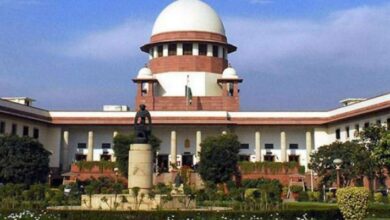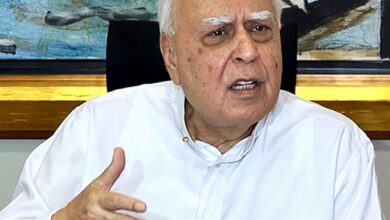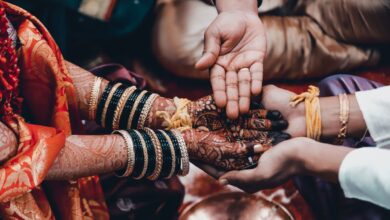Marriage doesn’t validate violence; Delhi HC clarifies
Medical reports corroborate woman's testimony of torture. She was returned to the parental home in injured condition, and refused return whatsoever, as husband sought remarriage to an affluent girl.
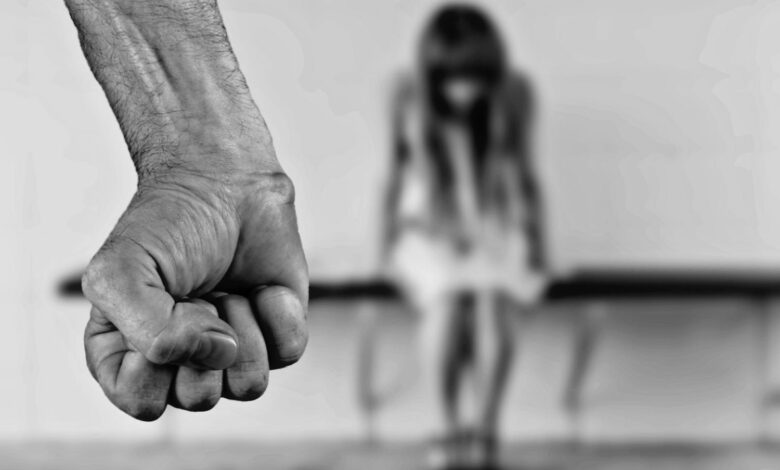
One may think it is obvious, but the Delhi HC clarifies that no law gives the right to a husband to beat and torture his wife in a marriage.
In a gutting case, a woman appealed against the dismissal of her petition for a grant of divorce on the grounds of cruelty and desertion by her husband. She revealed that she continued to tolerate this cruelty in the hope of it ending soon however, the atrocities worsened with time due to the whole family’s ulterior motive. She said, “However, the atrocities of the husband and his family members increased day by day since their aim was to get rid of her so that they could marry off their son to some other girl of some affluent family.”
The case was heard by a 2-judge division bench comprising Justices Suresh Kumar Kait and Neena Bansal Krishna who noted that the woman’s testimony of physical assault was corroborated by medical documents. The court said, “Merely because the parties got married and the respondent (man) was her husband, no law gave him the right to subject his wife to beatings and torture. Such conduct of the respondent necessarily qualifies as physical cruelty entitling the appellant (woman) to divorce under Section 13(1) (IA) of the Hindu Marriage Act (HMA), 1955.”
The court also observed the man’s failure to resume companionship with his wife, the appellate in this case which was coupled with “animus” of not bringing her back to the matrimonial home. The court also noted that the man expressed no objection to the divorce grant throughout his presence in the court. The court declared, “We accordingly find merit in the appeal and the marriage between the appellant and the respondent is hereby dissolved.”
The woman had filed the case in the family court first where she testified being left at her parental home on May 11, 2013 in an injured condition, and thereafter, despite her attempts to reunify, tha man refused to take her back.
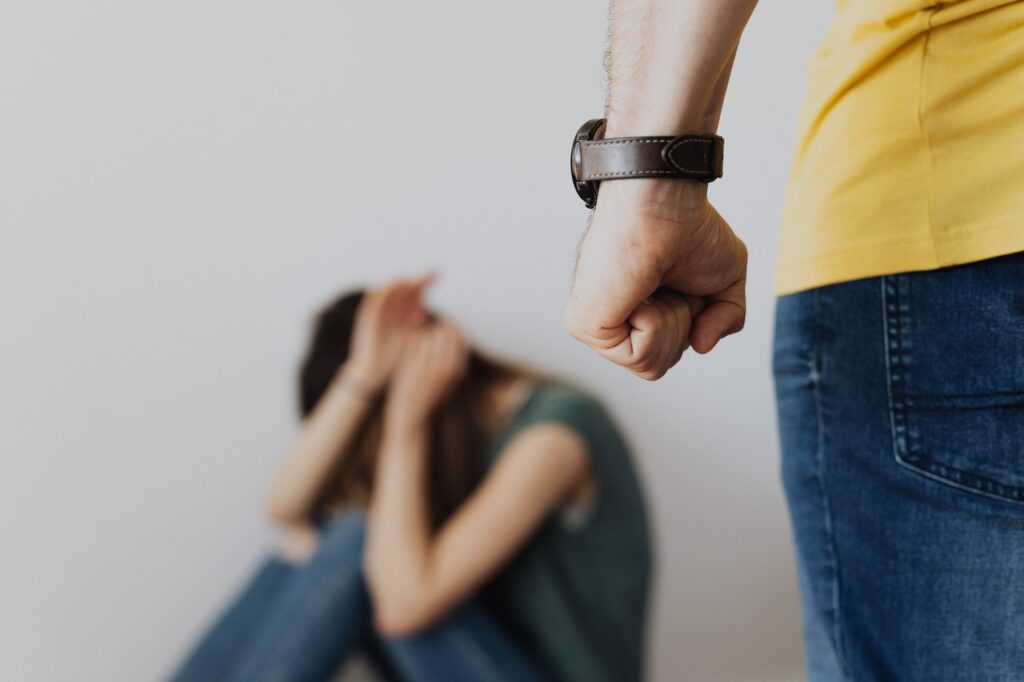
The woman’s plea read that she had married the respondent in February 2013 and had been living with the family of the man’s maternal aunt since his parents died long before the marriage. As soon as the wedding embellishments came down, she was subjected to gruesome physical and mental torture and various other atrocities meted out to her to bully her into exiting the marriage thereby clearing grounds for the respondent to remarry.
Back in 2018, the Bombay HC also clarified that women of the Muslim community are also included in the Domestic Violence Act. In a case adjudged by Justice Bharati Dangre, the respondent said he belonged to the “Islamic Alvi Bohra Community” and was governed by Muslim Personal Law, so the special anti-domestic violence law was not applicable. To this, the high court clearly stated, “the scheme of the enactment does not restrict the applicability of the provisions of the Act to a particular category of women, or to a woman belonging to a particular religion.”
Intimate Partner Violence is a silent pandemic in India that isn’t talked about during elections, during social gatherings, or even enough through various media arts. This atrocity was at an all-time high in the COVID-19 mass quarantine period with IPV victims stuck with their assaulters. The National Library of Medicine studied IPV defining it as, “Intimate partner violence (IPV) is considered any type of behaviour involving the premeditated use of physical, emotional, or sexual force between two people in an intimate relationship.”
It concluded that there is a very low pursuit in India toward health-seeking in the case of IPV. The study also explained how the issue was “compounded” by varied cultural beliefs and legal, social, and economic factors. “Alcohol, smoking, drugs, and substance abuse are closely transmitted to IPV incidents. This necessitates awareness and sensitizing the community, especially the medical system, which will enable primordial and primary prevention (health promotion).”
In 2022, over 6900 domestic violence complaints were filed by women, the National Commission for Women disclosed. These cases accounted for around 23% of the 30,900 plus complaints registered by NCW across different categories of crimes against women. The state-wise break up shows 55% of the total complaints hailing from Uttar Pradesh, 10% from Delhi, and 5% from Maharashtra. This rank has sustained itself since 2021.
These reports are not negative though. Women across the country are principal victims of IPV however much like other forms of crimes against women, these have gone unreported always. The increase in these reports isn’t necessarily indicative of an increase in violence but a decreasing tolerance to it by overcoming socio-economic an legal limitations hoisted ahead of women. NCW chairperson Rekha Sharma attributed it to enhanced outreach by the Commission through ‘jan sunwais’ (public hearings) focussed on seeking action in a fast-tracked manner. In case of being victims of any such atrocities, NCW has a dedicated 24X7 helpline platform since 2021 (7827170170) or a toll-free number 1090
Sharma said earlier this year, “We are constantly trying to send out a message through our platform including social media to women to come forward, speak up and share their concerns.”
The recent Shradha Walkar case has also opened eyes to the under-discussed menace of IPV.
Section 498A, Cruelty by Husband or his Relatives deals with the issues of cruelty by a husband or his relatives. Section 304B deals with dowry deaths and bride burning many sections and penal codes can be levied by the perpetrators.
Please, also have a look into : https://www.thetatva.in/law/marriage-doesnt-validate-violence/16723/
